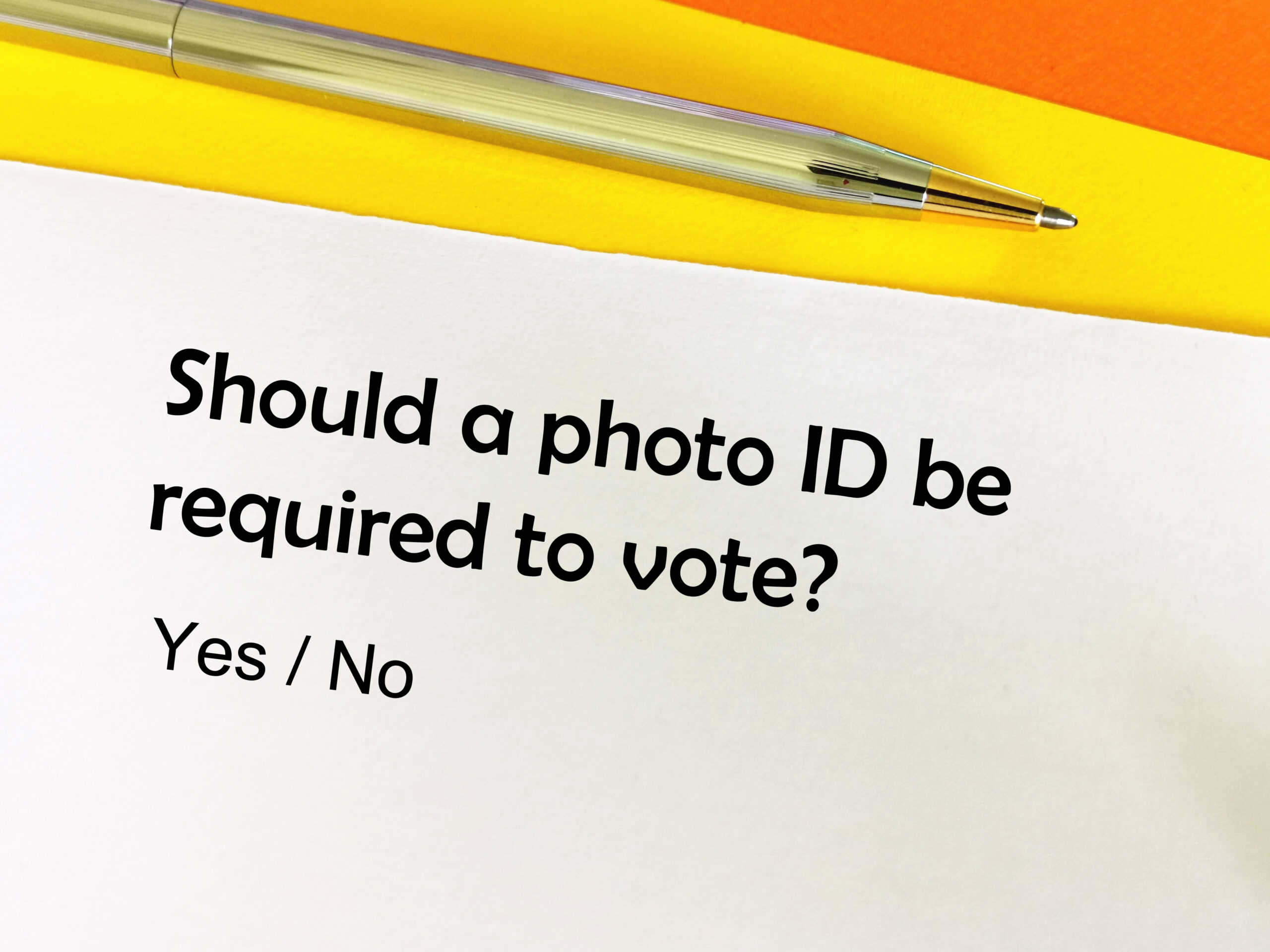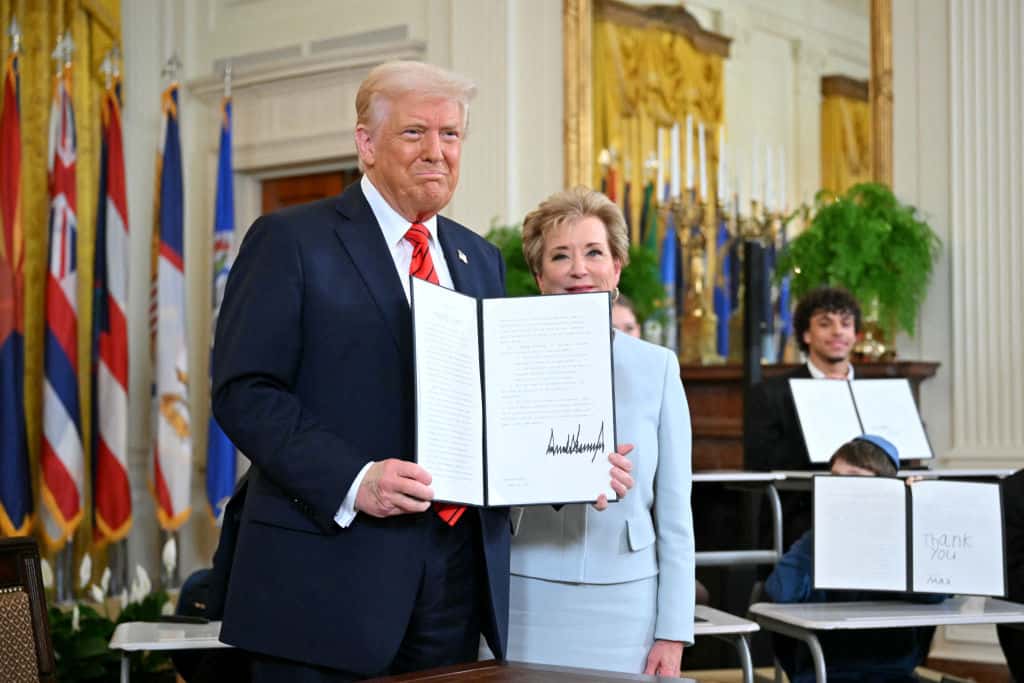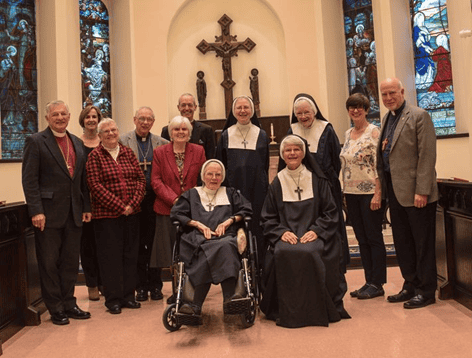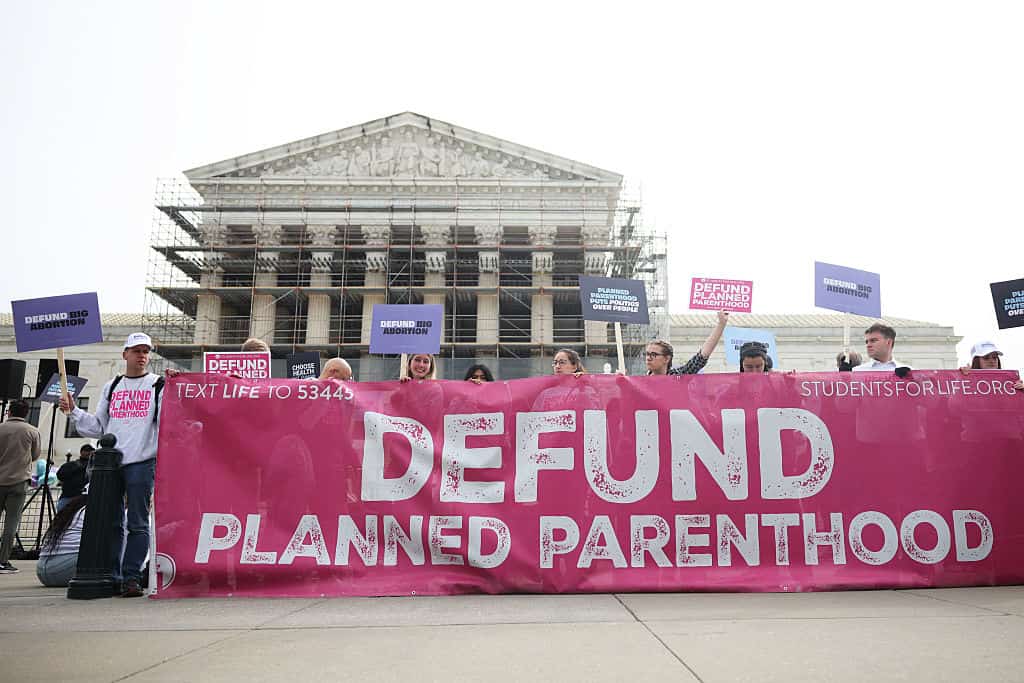Overheard at the Presidential Debate; The Story Behind Those 500 Foreign Children Separated from Their Parents at the Border

In the final presidential debate on Thursday evening between President Donald Trump and former Vice President Joe Biden, moderator Kristin Welker brought up the issue of immigration policy and asked the president a question about children separated from their parents at the border. The question highlighted a continuing problem that is being addressed by a federal court in California, the American Civil Liberties Union (ACLU) and the federal government.
“We’re going to talk about immigration now, gentlemen,” Welker said about a half hour into the debate. “And we’re going to talk about families within this context. Mr. President, your administration separated children from their parents at the border, at least 4,000 kids. You’ve since reversed your zero-tolerance policy, but the United States can’t locate the parents of more than 500 children. So how will these families ever be reunited?”
“Yes. We’re working on it very… We’re trying very hard,” President Trump said in response to Welker’s question. “But a lot of these kids come out without the parents. They come over through cartels and through coyotes and through gangs.”
The “500 children” Welker referred to – actually the number is 545 – was raised this week in a court filing in a California federal district court as part of an ongoing judicially ordered effort to reunite families who illegally attempted to cross into the United States beginning in 2017. In keeping with federal policy, children were separated from parents while the parents were legally processed as part of immigration enforcement. Many of the parents of these children were deported back to their home countries in Central America such as Honduras, Guatemala and others, without their children.
The ACLU sued the federal government over the policy, and a California federal court ordered the federal government to find and reunite those families. After two years, most of the children have been reunited with their parents. But according to the latest court documents, 545 children remain in this country in the care of foster parents or relatives, while efforts to locate their parents extend to the back roads of Central America.
Where are those 545 children now? The Washington Post reports that Health and Human Services officials have confirmed that all of the 545 minors were “appropriately discharged” from its shelters — to a legal guardian or a parent — before June 2018, when the judge ordered the reunifications. But only 183 of those children have been located and contacted here in the U.S. as a result of the federal court-ordered efforts.
The COVID-19 pandemic has hindered investigative efforts in Central America as those countries have severely limited access to workers seeking to visit remote villages in search of the parents.
Significantly, several hundred parents that were contacted outside the United States have elected not to be reunited with their children. They are content, for a variety of reasons, to allow their children to live with relatives here in the U.S.
The Department of Homeland Security (DHS) pushed back against notions that there are many parents still searching for their children.
Chase Jennings, an assistant press secretary with DHS, told The New York Times, “The simple fact is this: After contact has been made with the parents to reunite them with their children, many parents have refused.”
The administration can’t be faulted for wanting to protect our borders. But the bureaucratic snafus and negligence that resulted in the inability of the U.S. authorities to promptly reunite parents with their children are inexcusable. And while some of these children entered the country with “coyotes” or non-parents, many of the 545 remaining children did enter the country with their parents.
It may be difficult to locate the parents, who in many cases are either hard to find or do not want to be found, but children deserve to be with their mom and dad, and this is a problem that needs to be corrected as soon as possible.
Photo from Shutterstock
Visit our Election 2020 page
ABOUT THE AUTHOR

Bruce Hausknecht, J.D., is an attorney who serves as Focus on the Family’s judicial analyst. He is responsible for research and analysis of legal and judicial issues related to Christians and the institution of the family, including First Amendment freedom of religion and free speech issues, judicial activism, marriage, homosexuality and pro-life matters. He also tracks legislation and laws affecting these issues. Prior to joining Focus in 2004, Hausknecht practiced law for 17 years in construction litigation and as an associate general counsel for a large ministry in Virginia. He was also an associate pastor at a church in Colorado Springs for seven years, primarily in worship music ministry. Hausknecht has provided legal analysis and commentary for top media outlets including CNN, ABC News, NBC News, CBS Radio, The New York Times, the Chicago Tribune, The Washington Post, The Washington Times, the Associated Press, the Los Angeles Times, The Wall Street Journal, the Boston Globe and BBC radio. He’s also a regular contributor to The Daily Citizen. He earned a bachelor’s degree in history from the University of Illinois and his J.D. from Northwestern University School of Law. Hausknecht has been married since 1981 and has three adult children, as well as three adorable grandkids. In his free time, Hausknecht loves getting creative with his camera and capturing stunning photographs of his adopted state of Colorado.
Related Posts

Is it ‘Voter Suppression’ to Require Proof of Citizenship to Vote?
February 10, 2026

Education Department Celebrates National School Choice Week
January 30, 2026

New York Ends Fight to Force Nuns to Pay for Abortions
January 27, 2026

